Digital Economy


Trends/ challenges in the region
• Raising awareness on importance of going digital to stay competitive – digitalization!
• Digital equals knowledge in a fast moving global trends
The initiatives to address key issues
Objective: Equip people in the region for digital life to improve quality of life/ doing business
Key action steps:
• Influence policy agenda in order to make digital agenda valuable
• Introduce digital leadership in governments to coordinate digitalization – Chief Information Officer in every government in the region either a person or a body
• Create programs, platforms to support digital entrepreunership
Stakeholders involved:
• Governments
• Municipalities
• Civil society
• Companies






Comments
No comment yet.